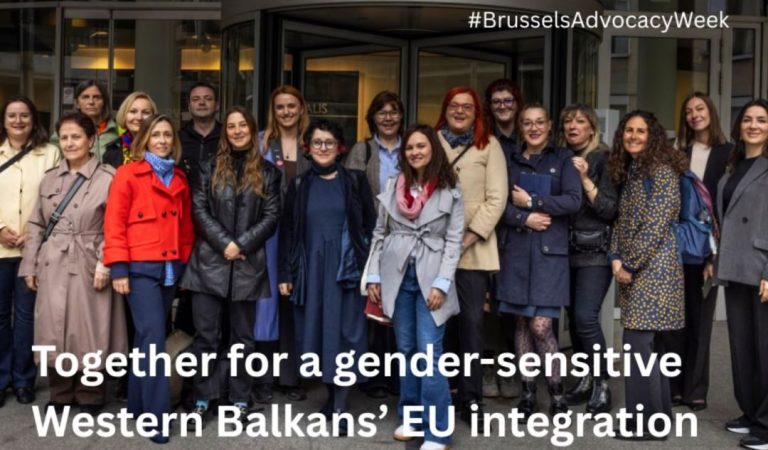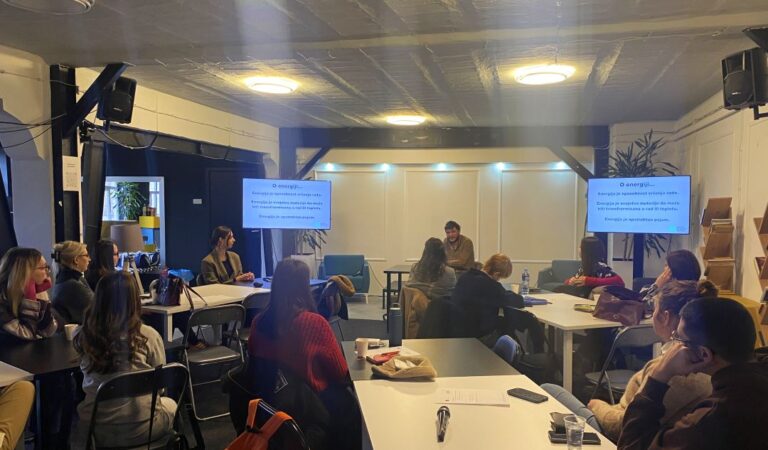Serbia marks another World Day of Social Justice with alarming data on poverty, lack of any sustainable policy aimed at improving social and economic rights of citizens and with no efficient system to protect the above rights.
Despite the fact that according to the most recent data, 1,800,000 citizens are at-risk of poverty, Serbia does not have a comprehensive poverty reduction strategy. The financial social assistance is among the lowest in Europe and amounts to approximately 8,000 dinars, while most of the beneficiaries receive it for only nine months in a year. At the same time, almost 10,000 beneficiaries of financial social assistance have been forced so far to unpaid labor in order to preserve the social assistance. These measures, although introduced in 2014 as activation measures intended for beneficiaries of financial social assistance, have caused the most vulnerable to become even more vulnerable and the social assistance is perceived as budgetary spending, exclusively.
The health insurance is still not available to the most vulnerable groups, such as undocumented people, people without registered residence, among which are mostly individuals of the Roma national minority.
Furthermore, the new Law on Health Insurance could significantly affect all cancer patients. The amendments to the Law envisage that at least 65% of health service costs will be covered to citizens who fail to undergo mandatory screening examinations. Therefore, those who fail to undergo the preventive examination that could help detect diseases in early stage, will not be entitled to full coverage of costs
Over 70% of households in Serbia are struggling to pay housing costs, but the adoption of the national strategy has been delayed for years.
The state has an inadequate approach to housing; it set as a priority provision of affordable housing for members of the security forces, allocating as much as EUR 64,000,000 for that purpose. This example shows that priorities in the budgeting process are not set in line with the level of vulnerability of certain groups, and there is a selective approach to solving housing needs.
The so-called „poverty tax“ was introduced five years ago i.e. the property tax paid by the tenants of social housing and housing for refugees and internally displaced persons. For years now, the Constitutional Court has not issued ruling on the constitutionality of this tax.
Finally, besides all the aforementioned problems contributing to growing social disintegration and raising inequality in the country, it is important to stress that Serbia refused to ratify the Optional Protocol to the International Covenant on Economic, Social and Cultural Rights that would enable citizens to protect economic and social rights.
For more information on this topic: Report of the A 11 Initiative „Second-Class Rights – Social Rights in Light of Austerity Measures (2012-2020)“.



